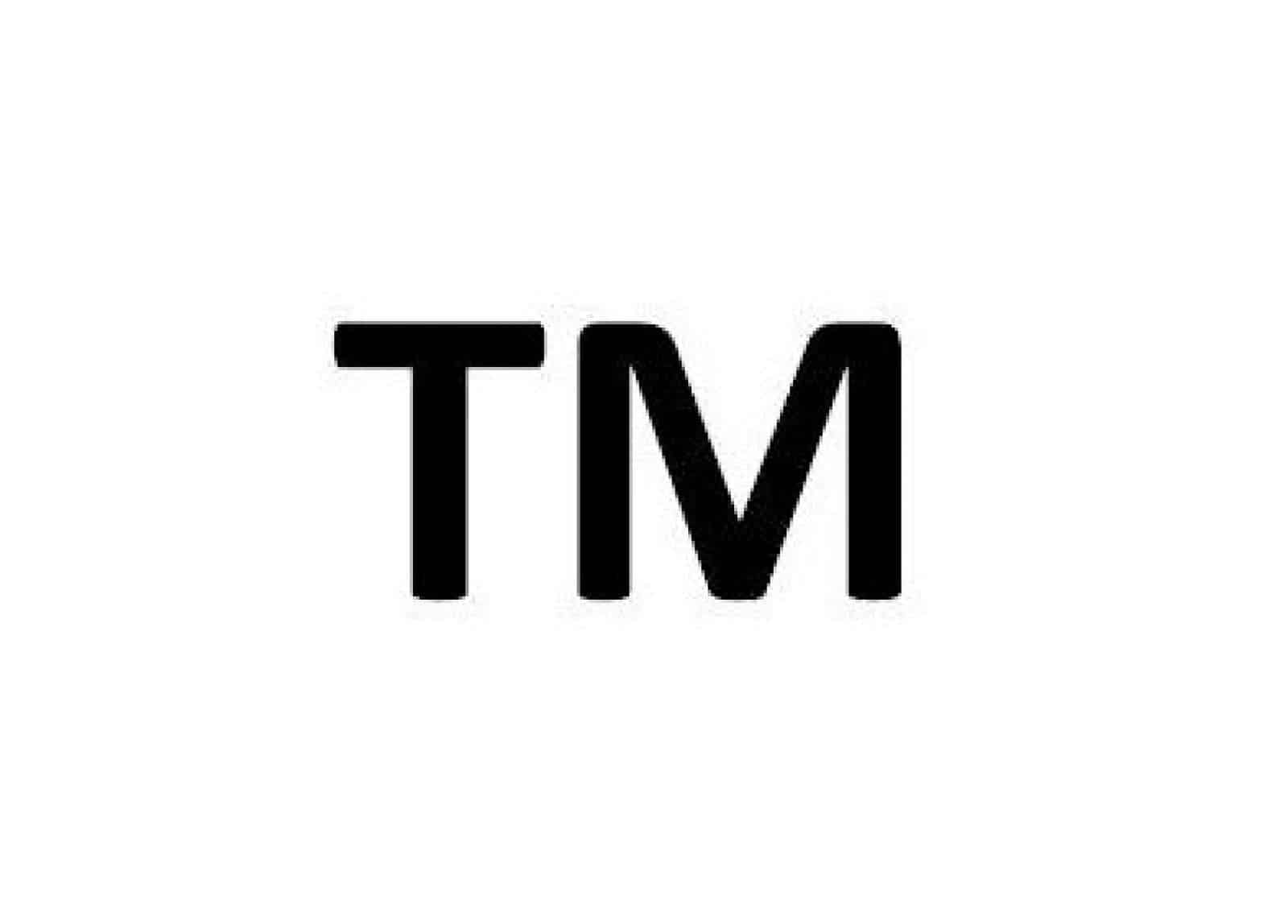More and more businesses of all sizes are recognizing their names and logos as an asset to their operation. As an asset, protection by trademark is advisable. Trademarks serve multiple purposes, in that they distinguish goods or services of one company from goods or services from another, and they also indicate the source of those goods or services (i.e., branding). The question then arises whether state or federal trademark registration is better. While it is true that an owner of a trademark may have “common law” rights in that mark, the United States has a two-tier system for trademark protection that sets forth such protections under codified law.
State Trademark Registration.
State trademark applications are filed with the South Dakota Secretary of State. Applications are only accepted for marks that are currently in use by the business. Applications must be accompanied by a sample or facsimile/copy of the mark and fee of $125. Successful registration is effective for a term of four years from the date of filing, and it is renewable upon application filed within six months prior to expiration. Once registered, mark protection is effectuated under South Dakota law.
Federal Trademark Registration.
Federal trademark applications are filed with the United States Patent and Trademark Office (USPTO). You may submit a paper application for an additional fee. The USPTO filing fees range from $275 to $375 per registered classification. The term of a federal trademark is ten years, with ten-year renewal terms. However, the USPTO requires that between the fifth and sixth year after the date of registration, the registrant must file an affidavit stating that the mark is still in use. If no affidavit is filed, the registration is cancelled. With federal protection under the Lanham Act, a registrant who obtains a federal registration that predates another’s use of the same (or confusingly similar) mark has superior rights to use the mark throughout the entire United States. Under the United States Supremacy Clause, a federal registration will trump a state registration if there is any conflict between the two, with one exception. To the extent a state mark was registered prior to the federal mark and in use before the date of the first use of the federally registered mark, the prior state mark holder may have some rights to continue use of the mark (limited to a certain geographic area, usually where the mark is registered and used).
Which is the right registration for you?
State registrations are typically easier, more quickly accomplished, and cheaper to acquire. But they offer protection only within the confines of the state of registration, and may be subject to a superior federal registrant with the USPTO. By contrast, federal registrations are more time-intensive, intricate, and costly. This may include comprehensive trademark searches, identifying the basis for the mark (actual use or intent to use), including classifications, design code (if applicable for logos), and description of each good or service. However, the successful registrant will have the right to use the mark across the entire United States, backed by federal law. We recommend working with an attorney when preparing to file a trademark application, particularly if seeking a federal trademark registration.
Please contact Lynn, Jackson, Shultz & Lebrun, P.C., to discuss any trademark questions you have or assistance in obtaining a trademark for your business.
